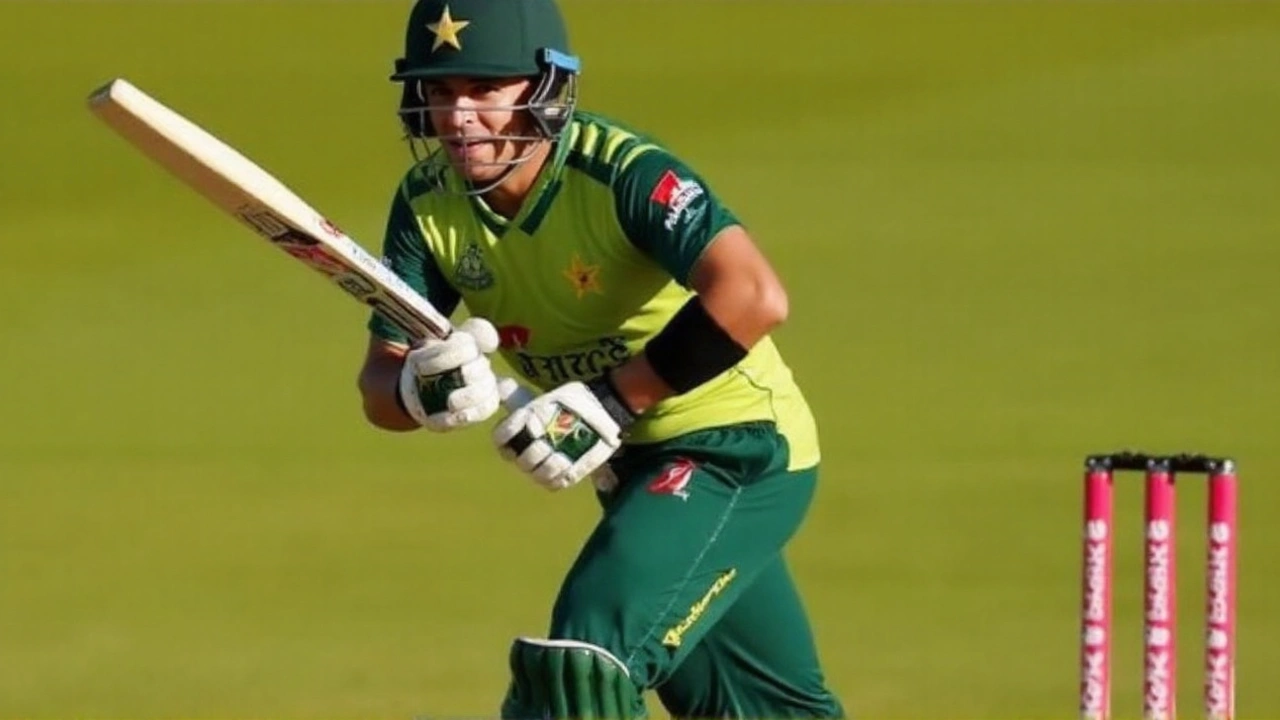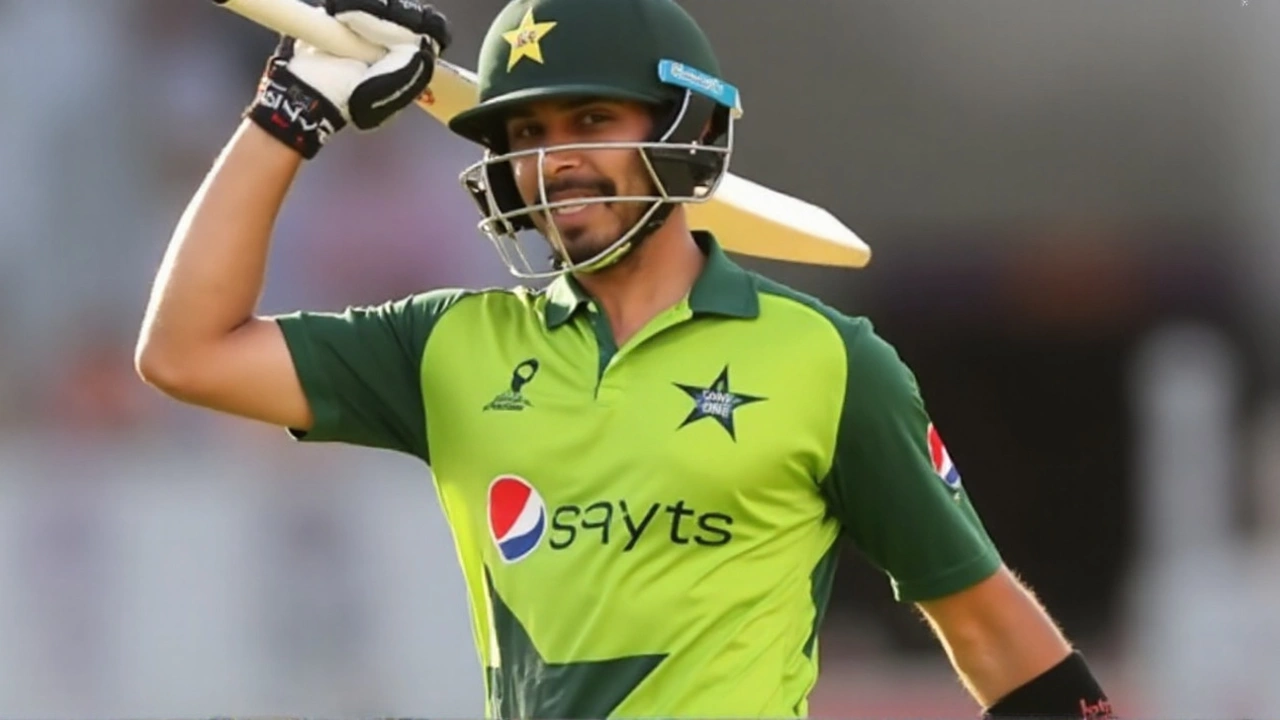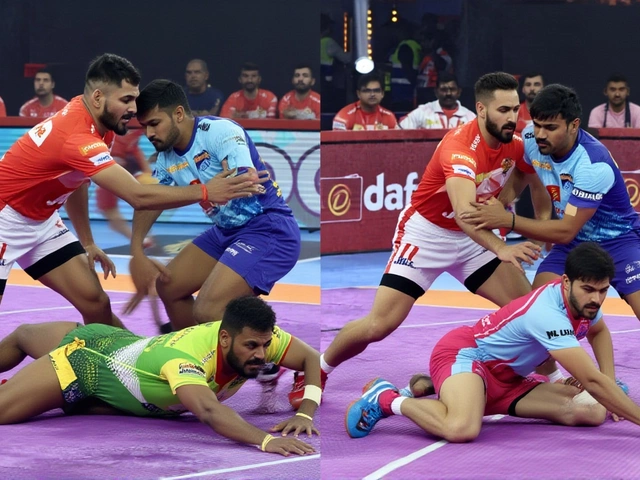Haider Ali cleared of UK rape allegation as GMP and CPS cite insufficient evidence

UK investigators close Haider Ali case after evidential review
A 24-year-old international cricketer arrested mid-tour in England has had a rape allegation against him dropped after a detailed review by Greater Manchester Police and the Crown Prosecution Service found the evidence did not meet the threshold for a charge. The case involving Pakistani batter Haider Ali has been closed, bringing a dramatic end to a three-week legal episode that began with his arrest on August 4, 2025, at the Spitfire County Cricket Ground in Beckenham, Kent.
Police officers from Greater Manchester arrived at the ground during a Pakistan Shaheens fixture and took the player into custody. The complaint had been filed earlier that day in connection with an alleged incident at a Manchester hotel on July 23. The complainant, a British-Pakistani woman, said she met Ali again on August 1 in Ashford before formally reporting the matter. Throughout, Ali told investigators he knew the woman socially, said the encounter was consensual, and denied any criminal conduct.
After weeks of enquiries and evidence-gathering, detectives submitted the file to prosecutors. Following what authorities described as a full review of all available material, the finding was clear: the case did not meet the evidential standard required to proceed. No charge was authorised, and police confirmed the investigation is now closed.
Two elements weighed heavily in the outcome, according to people familiar with the case file. First, hotel records showed the room was booked in the complainant’s name on the night in question, supporting the player’s claim that the meeting was pre-arranged and consensual. Second, the delay between the alleged incident and the formal complaint weakened the prosecution’s timeline, even after investigators accounted for common reasons complainants sometimes take time to report.
Ali cooperated with officers, answered questions under caution, and complied with bail while the review took place. With the closure of the case, his passport has been returned and he is free to travel. Police reiterated their standard position: allegations of sexual assault are taken seriously, investigated thoroughly, and assessed against strict national guidance before any charging decisions are made.
How does that process work in practice? In England and Wales, prosecutors apply what is known as the Full Code Test. First comes the evidential stage: is there a realistic prospect of conviction based on the admissible evidence? Only if the answer is yes do they move to the public interest test. In sexual offence cases, the first hurdle is often decisive. If the evidence cannot reach the required threshold, the correct outcome is no further action. That is what happened here.
It matters to stress the difference between a case being closed with no charge and a not-guilty verdict in court. This case never reached a courtroom. The decision not to charge means prosecutors did not believe they could meet the burden of proof with the material available. It does not prevent authorities from reopening a case if new and compelling evidence later emerges, but there is no suggestion of that at present.
Ali’s legal team in the UK was led by barrister Moeen Khan, a criminal law specialist. Their stance was consistent throughout: the encounter was consensual, the complainant’s own actions and records supported that, and there was no evidential basis for a charge. The police decision to return the passport, and the CPS conclusion on evidential sufficiency, have now validated that line of defence.
The Pakistan Cricket Board temporarily stood the player down while the investigation ran its course, following its code of conduct for anyone under criminal inquiry. PCB officials also pointed to player welfare protocols—regular legal updates, access to counsel, and mental health support during enforced absence. With the file now closed, the board can move to consider cricketing matters again: conditioning, training availability, and medical clearance, before any selection talk even starts.
For a young batter still building his career, the stakes were huge. In the UK, rape carries a maximum sentence of life imprisonment. Even without charges, an arrest of this nature can shape a career. Sponsors and selectors scrutinise public perception. Teams often pause on decisions until police processes are complete. The return of the passport and the closure notice are the clearest signals the case is finished from a criminal standpoint.
Below is a simple breakdown of the timeline as it unfolded:
- July 23, 2025: Alleged incident at a Manchester hotel after the start of the Pakistan Shaheens tour.
- August 1, 2025: The two meet again in Ashford, according to the complainant’s account.
- August 4, 2025: Complaint filed. Greater Manchester Police arrest the player at the Spitfire County Cricket Ground in Beckenham, where the Shaheens were playing.
- August 2025: Investigation, interviews, and evidence review conducted under police bail.
- Late August 2025: CPS determines the evidence is insufficient; police close the case and return the player’s passport.
The arrest itself, carried out far from Manchester, raised eyebrows among fans watching the Shaheens’ English tour. There is nothing unusual about the logistics. UK forces routinely coordinate to detain suspects outside their home jurisdictions when necessary, particularly in high-profile or time-sensitive cases. The priority is securing the suspect for interview while preserving the integrity of the investigation.
On the cricketing side, the Pakistan Shaheens are effectively Pakistan’s A team—used to test bench strength, expose younger players to foreign conditions, and keep senior pros match-ready. Ali featured in the early games of the tour, including the opening fixture on July 22. His arrest two weeks later cut short that run and immediately put selection on hold. With the criminal process resolved, the cricket calendar—not the court docket—will determine his next innings.
What happens next? Expect a phased return rather than an instant comeback. Teams often ask for fitness checks after weeks away, even when the layoff is administrative rather than injury-related. Coaches will want clarity on the player’s headspace too. Cases like this are stressful. That is why boards increasingly include confidential counselling in welfare plans, alongside standard legal and media support.
Could there be further legal steps? Not from prosecutors, based on what is known. The police have closed their file. Civil proceedings are a different legal path altogether and would depend on the parties. There is nothing public to suggest such action is planned. For now, the only concrete development is that the criminal investigation is finished.
This case also underscores something that gets lost in social media cycles: the presumption of innocence. Police do not charge unless they believe a jury is more likely than not to convict. In borderline cases they can seek more evidence, digital records, medical reports, or witnesses. When those avenues are exhausted and the file still falls short, closure is the lawful outcome, however intense the public noise becomes.
Another point that deserves attention is reporting sensitivity. In the UK, complainants in sexual offence cases have lifelong anonymity. That protection is meant to encourage reporting and shield victims from stigma. Responsible coverage respects that line and avoids details that could identify the complainant. This article follows those rules, referring only to the broad facts required to understand the case status and its implications for the player’s career.
For Ali, the immediate practical change is freedom of movement. With his passport back, he can leave the UK, return to team environments, and resume training. Any international travel will, as always, depend on schedules and selection. The PCB will weigh not just form and fitness but also the optics around reintroduction, as boards often do after legal matters conclude.
The cricket community has seen similar situations before: players pulled from tours mid-series, then quietly reintegrated once investigators close their files. The pace of reintegration varies. Some athletes return in domestic competitions first, easing back under less media glare. Others rejoin national setups if coaches feel the dressing room is the right place to rebuild rhythm.
This episode will linger, if only because of how public it became. A high-profile arrest during a match is unusual in any sport. But the legal end-point is unambiguous. Prosecutors did not see a realistic prospect of conviction. With that, the case moves off the police blotter and out of the criminal courts system. What remains sits with selectors, coaches, and the player himself: fitness, form, and focus for the months ahead.
As the Shaheens wrap their tour commitments, attention will turn to Pakistan’s broader calendar. Whether in domestic cricket or in national colours, patience and process will guide the next steps. For a 24-year-old batter at the start of what could be a long career, the priority now is quiet work: time in the nets, match minutes, and the steady routine that athletes lean on when the headlines finally fade.

Context, safeguards, and the road back to cricket
Sexual offence investigations are among the most complex cases UK police handle. The evidential hurdles are high because they must be. Prosecutors assess credibility, consistency, corroboration, and the likelihood of meeting the standard of proof in front of a jury. Digital footprints, booking records, location data, and communications are often decisive. Here, the hotel booking trail and the timeline were central pieces of the evidential jigsaw.
Safeguards cut both ways. Complainants deserve a process that treats their accounts with seriousness and care. Suspects deserve a presumption of innocence and a timely decision. Police statements after the closure reflect that balance: every allegation is assessed thoroughly; every file stands or falls on its evidence. It is a system designed to deliver justice, not headlines.
Cricket boards have built their own protocols around that legal framework. Stand-down policies protect teams from disruption while preserving the rights of the accused. Welfare programs ensure access to legal guidance and mental health resources. When investigators close a case, boards pivot to sport-specific questions: What does the player’s training baseline look like? How quickly can match sharpness return? What is the best environment for re-entry?
There is no single roadmap. Some players request a period out of the spotlight to recharge. Others ask to rejoin squads immediately to regain routine. Coaches decide based on conversations with the player, medical staff input, and the rhythm of the schedule ahead. For Ali, those calls will land in the coming days and weeks, now that legal uncertainty no longer hangs over his name.
One thing is certain: the decision from Greater Manchester Police and the Crown Prosecution Service has drawn a bright line under the criminal case. With that, cricket can take center stage again. Training loads, batting slots, and selection battles will shape the next chapter far more than court language or case numbers ever could.
- September 5, 2025
- Danilo Freemont
- 0 Comments
- Permalink




